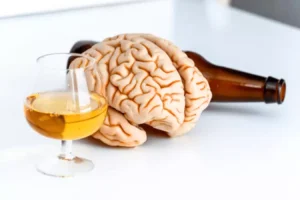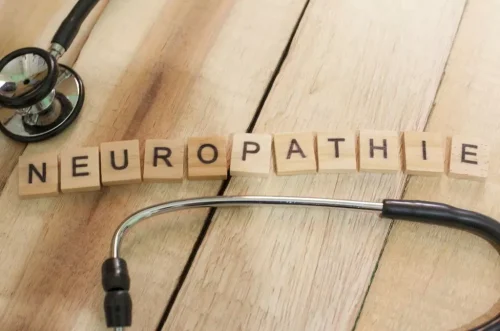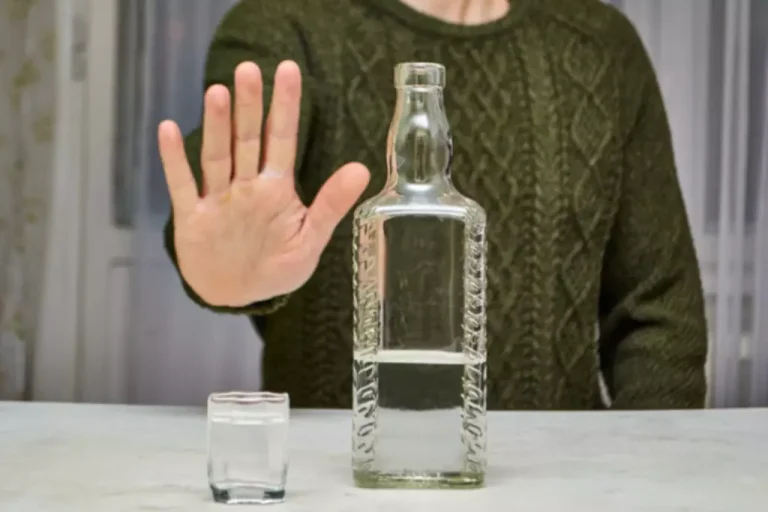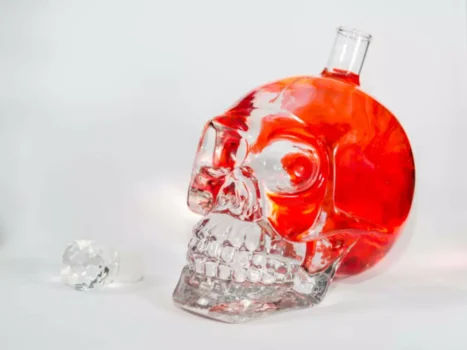
The heat from that extra blood passes right out of your body, causing your temperature to drop. On the other hand, long-term heavy drinking boosts does alcohol weaken your immune system your blood pressure. It makes your body release stress hormones that narrow blood vessels, so your heart has to pump harder to push blood through.
Short-term effects of alcohol consumption

Symptoms can vary from person to person, so it’s best to exercise caution and seek medical help if someone you are with shows signs of extreme alcohol intoxication. The frontal cortex is the brain’s center for higher-order functions like planning, decision-making, and impulse control. Alcohol disrupts frontal cortex functioning, leading to poor judgment, difficulty weighing options logically, and increased impulsivity. Loss of coordination (ataxia) is a common short-term effect of alcohol and is linked to how alcohol affects the brain’s cerebellum. The cerebellum is the brain’s control center for movement, balance, and coordination. Alcohol causes irritation and inflammation along your gastrointestinal (GI) tract, disrupting normal digestive function.
- Your immune system works to keep you as healthy as possible by fighting off foreign invaders, such as viruses, bacteria, and toxins.
- After a night of drinking, you may have gaps in memory, in which you recall some details from a situation or event but forget others.
- So for 24 hours after drinking too much, you’re more likely to get sick.
Alcohol Poisoning
- Drinking alcohol in moderation appears to reduce insulin resistance, fighting the main symptoms of diabetes (47, 48, 49, 50).
- Alcohol causes at least seven types of cancer, including the most common cancer types, such as bowel cancer and female breast cancer.
- In the United States, over 84% of adults report drinking alcohol at least once in their lifetime.
- Once the effects of alcohol wear off, glutamate (a neurotransmitter) levels increase, which can lead to feelings of depression and anxiety, or “hangxiety” (hangover and anxiety), the day after drinking.
That’s because alcohol can weaken your immune system, slow healing and make your body more susceptible to infection. Your body breaks alcohol down into a chemical called acetaldehyde, which damages your DNA. Damaged DNA can cause a cell to grow out of control, which results in cancerous tumors.
Heart health
These effects might not last very long, but that doesn’t make them insignificant. Impulsiveness, loss of coordination, and changes in mood can affect your judgment and behavior and contribute to more far-reaching effects, including accidents, injuries, and decisions you later regret. It usually takes the liver about an hour to remove https://ecosoberhouse.com/ one unit of alcohol from the body. The excess amount of alcohol in your system can also upset your digestion, leading to symptoms of nausea, vomiting, diarrhoea and indigestion. Your liver, which filters alcohol out of your body, will be unable to remove all of the alcohol overnight, so it’s likely you’ll wake with a hangover.

action: ‘healthbeat’


Frequently Asked Questions Regarding Alcohol Health Risks
- By Lindsay CurtisCurtis is a writer with over 20 years of experience focused on mental health, sexual health, cancer care, and spinal health.
- So, if you drink before the age of 14, there’s about a 50% chance you’re going to develop an alcohol use disorder in your adulthood,” explains Dr. Anand.
- Two mechanisms dispose of excess alcohol in heavy drinkers and account for “tolerance” in established drinkers.
- This will leave you feeling badly dehydrated in the morning, which may cause a severe headache.
- Acetaldehyde is a toxin that can damage the body’s organs and tissues before it is further broken down into acetate.
- Therefore the best research studies will distinguish between former drinkers and those who have never used alcohol.
Abuse is disastrous for health




